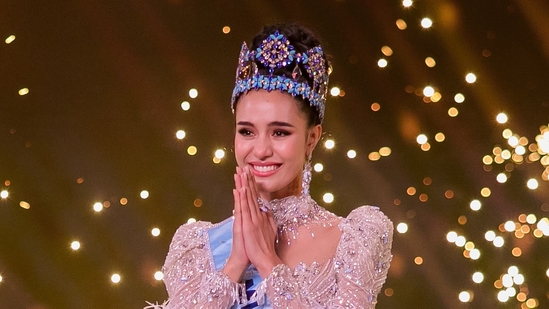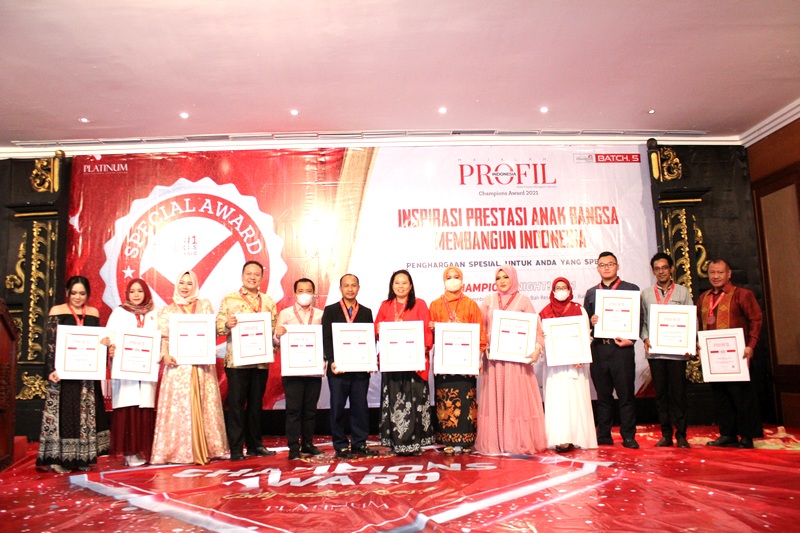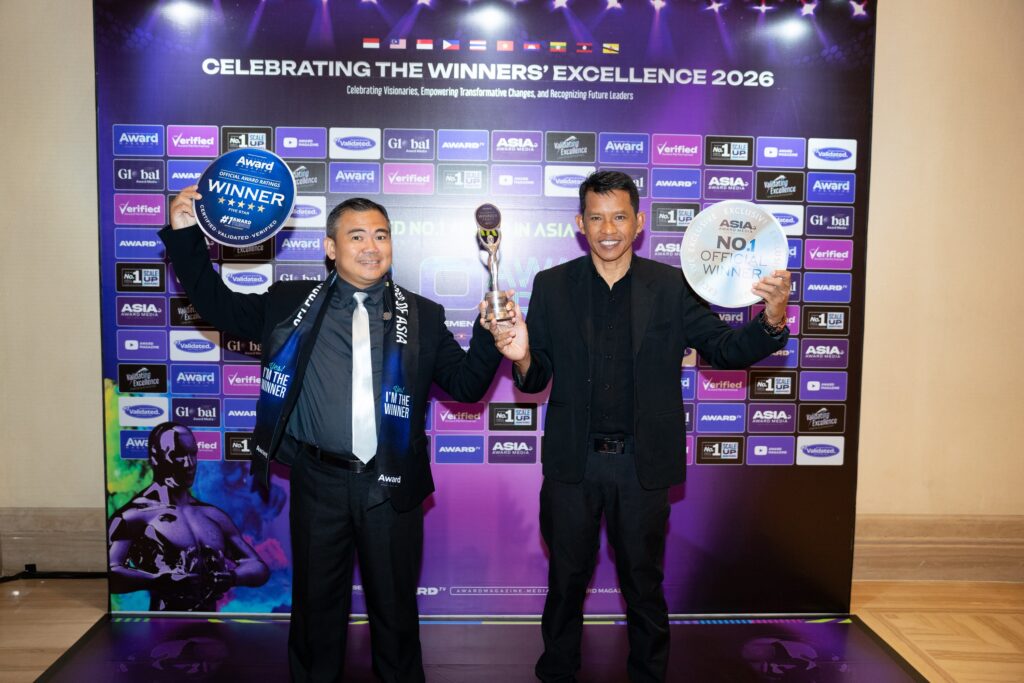Hyderabad, India – Behind the glittering crown and televised applause of the Miss World 2025 finale lies a strategic narrative far beyond beauty. Opal Suchata Chuangsri, who became the first Thai woman to win the Miss World title, represents more than national pride—her ascent reflects the shifting use of soft power and global influence through cultural platforms once dismissed as mere spectacle.
Crowned on 31 May in Hyderabad, India, Opal’s win is already being seen as a diplomatic milestone for Thailand. As the geopolitical landscape in Southeast Asia grows increasingly contested—economically, culturally, and ideologically—Thailand’s visibility on the global stage is gaining new dimensions through non-traditional channels like international pageants.
Fluent in Thai, English, and Mandarin, Opal is not only a beauty queen but a trained political communicator. She holds a degree in Political Science and International Relations, a background that arms her with tools to engage with global audiences and media beyond superficial appearances. Her presence at diplomatic events is expected to extend beyond the usual charity circuit, possibly positioning her as an informal cultural envoy.
What makes her story even more compelling is her personal battle with a benign breast tumor in her teenage years. Instead of stepping back, she turned pain into purpose—launching a pan-Asian campaign focused on women’s health and early cancer detection, gaining traction across NGOs and health agencies from Bangkok to Manila.
Analysts argue that her victory is no coincidence. With Thailand’s monarchy undergoing rebranding and its soft power strategies recalibrating—amid shifting regional alliances and economic recalibrations—placing a poised, multilingual, socially aware young woman on a global pedestal serves as a calculated cultural win.
But not all reactions are celebratory. Critics from other pageant powerhouses have questioned whether the Miss World Organization is pivoting too heavily toward social narratives and strategic geography in its selection criteria. Some observers see this as a challenge to traditional dominance by Western contestants or Latin American beauty giants.
Nonetheless, Opal’s win signals a new era where beauty diplomacy intertwines with activism, national image-making, and social advocacy. From her campaign on reproductive rights to mental health education in underserved regions, her yearlong reign is expected to tread well beyond red carpets and camera flashes.
For Thailand, the significance is layered. In a time when the country is repositioning its identity between East and West, traditionalism and reform, the crowning of Opal Suchata Chuangsri is not just symbolic—it is tactical.
Miss World 2025 has just begun. But the message is clear: pageantry is no longer apolitical. In fact, it may now be one of the most watched arenas where culture, ideology, and influence silently collide.






